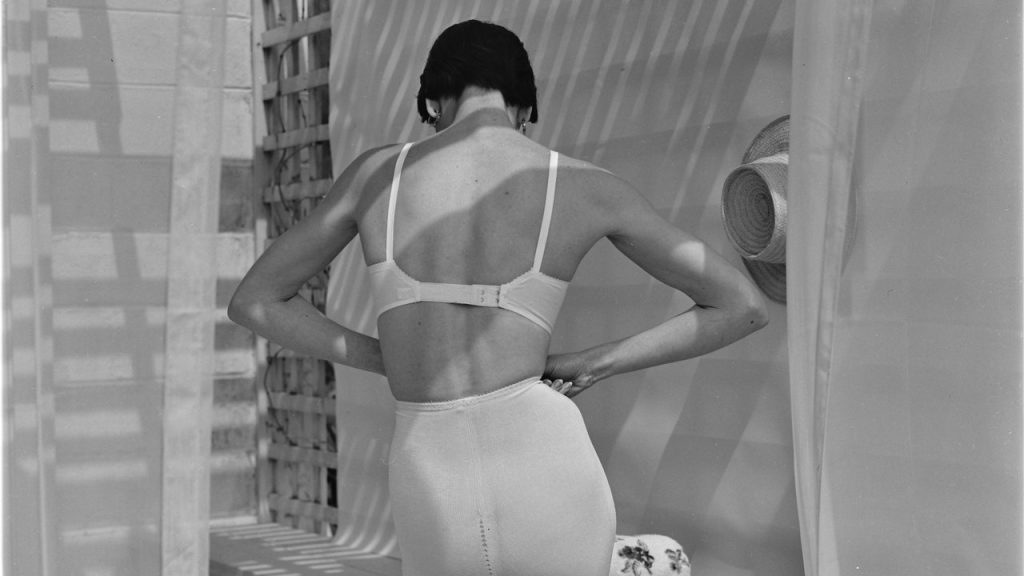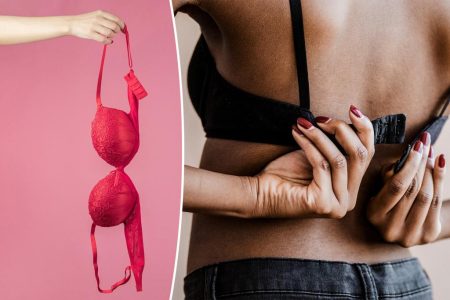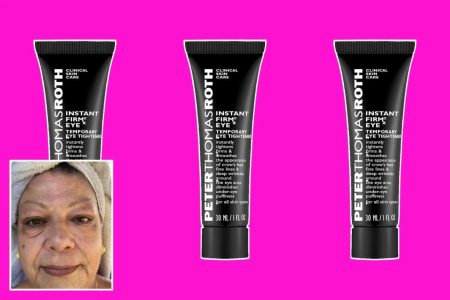In the 1970s, the invention of the sports bra by childhood friends Lisa Lindahl, Hinda Miller, and Polly Smith marked a major moment in the evolution of women’s undergarments. The creation of the “Jogbra” revolutionized women’s athletic wear and highlighted the need for more comfortable and supportive options. This innovation paved the way for greater inclusivity in bra sizing, with brands like Wacoal offering cups up to size H or K in the 1980s. Additionally, bold and bra-centric fashion choices by celebrities such as Madonna and Grace Jones pushed boundaries and challenged traditional notions of femininity and sexuality.
As the 1990s arrived, a diverse array of bras became available to women in the western world, with padded bras, underwires, and push-up bras dominating the market. Retailers like Victoria’s Secret capitalized on the era’s sex bomb aesthetic by introducing their first jewel-encrusted “Fantasy Bra” in 1995. Conversely, Calvin Klein offered a minimalist approach to bra design, reflecting a more understated and clean aesthetic. However, as the body positivity movement gained momentum in the 2000s, followed by the rise of athleisure in the 2010s, women began to opt for more comfortable bra styles that eschewed wires, such as bralettes and sports bras.
Today, the modern bra landscape offers a wide range of styles and sizes to accommodate diverse body types and fashion choices. Brands like Nubian Skin, Savage x Fenty, ThirdLove, and Skims have redefined the notion of “nude” lingerie, expanding the color palette beyond traditional beige. Moreover, brands like Elomi, Freya, and Pepper cater to individuals with larger bust sizes, emphasizing inclusivity and diversity. Many retailers have also embraced virtual fittings to ensure a more personalized and convenient shopping experience for consumers. In response to increasing demand for sustainable fashion, brands like Araks, Everlane, and Girlfriend Collective have emerged with environmentally conscious lingerie options, reflecting a growing awareness of ethical and eco-friendly practices in the industry.















